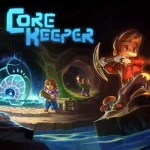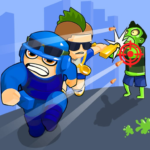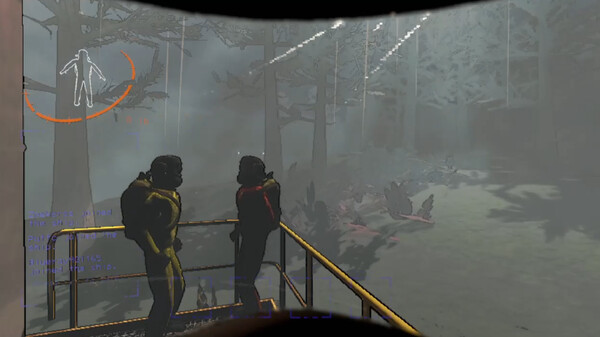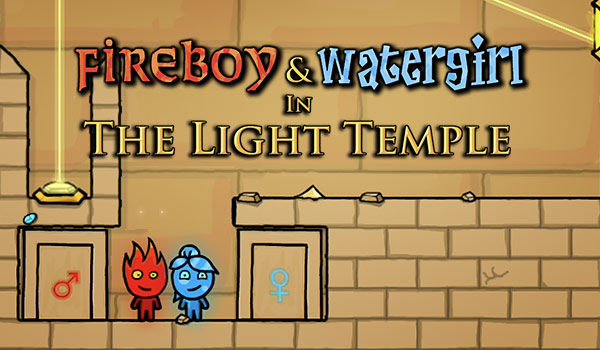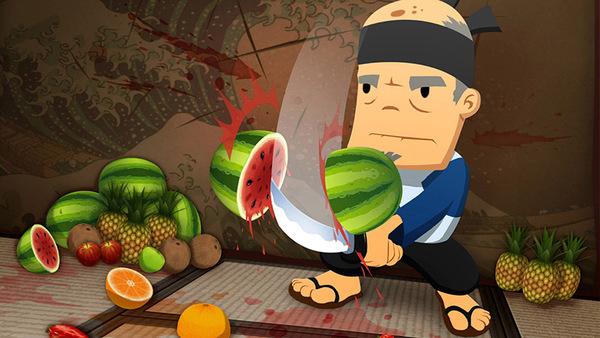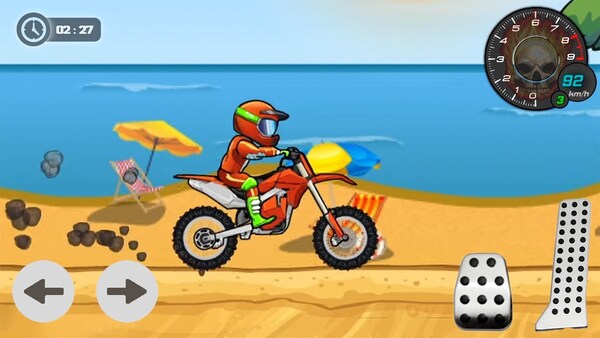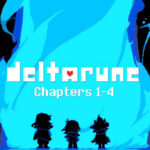DELTARUNE – A Whimsical and Mysterious Journey into the Dark World
Introduction: A Spiritual Successor with a Heart
DELTARUNE, developed by Toby Fox, is the follow-up to the critically acclaimed Undertale. Though not a direct sequel, it exists in a familiar-yet-different universe, blending quirky humor, deep characters, and emotional storytelling. Released in chapters, DELTARUNE maintains the signature indie charm and innovative mechanics that made its predecessor beloved.
Whether you’re a long-time Undertale fan or a newcomer, DELTARUNE offers a unique RPG experience full of surprises and heart.
1. Visual Style and Presentation
Retro Pixel Art with Personality
DELTARUNE features 8-bit-inspired pixel art, but don’t let the simplicity fool you. Each character is expressive, environments are creatively designed, and the color palettes shift dramatically between worlds.
The Dark World contrasts sharply with the Light World, using vibrant visuals and surreal design to enhance its magical, dreamlike feel.
Pros:
-
Distinctive, charming art direction
-
Strong contrast between Light and Dark Worlds
Cons:
-
Limited animation frames
-
Some may find the retro style too simplistic
2. Core Gameplay Loop: Turn-Based Combat with a Twist
Fight or Spare—Your Choice Matters
Combat in DELTARUNE blends traditional turn-based RPG mechanics with bullet-hell dodging. Each enemy encounter offers multiple ways to resolve conflict—through violence or peaceful interaction.
Your party can act, defend, spare, or use unique abilities like Ralsei’s healing or Susie’s brute strength.
Pros:
-
Moral choice system adds replayability
-
Bullet-dodging mechanic makes combat dynamic
Cons:
-
Some battles can be repetitive
-
Less customization compared to larger RPGs
3. Controls and Mechanics
Simple Yet Engaging
DELTARUNE uses intuitive keyboard or controller controls. Movement, interactions, and combat are streamlined to keep the focus on story and strategy.
During battle, you control a heart (soul) to dodge attacks in real-time—a blend of action and turn-based gameplay rarely seen in RPGs.
Pros:
-
Easy to learn for all skill levels
-
Satisfying mix of action and strategy
Cons:
-
Limited overworld interactions
-
No difficulty options for casual/hardcore players
4. World and Level Design
A Tale of Two Worlds
The game toggles between the mundane Light World and the fantastical Dark World, with each area having its own charm, enemies, and puzzles.
Exploration is linear but filled with secrets, NPC interactions, and environmental storytelling.
Pros:
-
Creative world-building and level themes
-
Fun mini-games and puzzles break up gameplay
Cons:
-
World feels small compared to traditional RPGs
-
Exploration is more guided than open-ended
5. Story and Lore
Heartfelt, Mysterious, and Meta
DELTARUNE’s story centers around Kris, Susie, and Ralsei as they attempt to seal the Dark Fountains to restore balance. The narrative balances goofy humor with emotional depth and existential mystery.
Themes of identity, freedom, choice, and destiny are explored subtly. Fans are constantly theorizing about connections to Undertale.
Pros:
-
Strong characters with distinct personalities
-
Deep, layered storytelling with hidden meanings
Cons:
-
Many questions left unanswered between chapters
-
Pacing can be slow in certain sections
6. Combat System
Tactical and Unique
Each party member plays a unique role. Susie starts as a loose cannon, attacking regardless of orders, while Ralsei supports the team. Kris can command actions and resolve fights peacefully.
The TP (Tension Points) meter encourages players to take risks (like grazing bullets) to build energy for special abilities.
Pros:
-
Each battle feels handcrafted and thematic
-
Encourages experimentation and non-violence
Cons:
-
Limited party management/customization
-
Some battles rely on trial and error
7. Multiplayer and Online Experience
Solo Experience by Design
DELTARUNE is a single-player game with no multiplayer or online features. The focus is entirely on storytelling and player choice.
However, the game inspires a vibrant online community, full of fan theories, art, and discussions.
Pros:
-
Pure, uninterrupted narrative focus
-
Strong community engagement and theory-crafting
Cons:
-
No co-op or competitive play
-
No online leaderboards or global events
8. Audio and Sound Design
A Masterclass in Indie Soundtracks
Toby Fox is also the game’s composer, and once again delivers a phenomenal soundtrack. Tracks like “Rude Buster,” “Field of Hopes and Dreams,” and “The World Revolving” are iconic.
Each theme is emotionally resonant, elevating both combat and narrative moments.
Pros:
-
Memorable, genre-defining music
-
Audio perfectly complements gameplay and story
Cons:
-
Some sound effects feel retro or minimal
-
No voice acting (by design) may limit emotional delivery for some
9. Replayability and Progression
Multiple Outcomes and Hidden Content
Though DELTARUNE is more linear than Undertale, there are still branching elements—especially depending on how players handle conflict.
Chapter 2 introduced the "Snowgrave Route", revealing a darker path. Future chapters may expand on divergent choices.
Pros:
-
Alternate paths for moral choices
-
Secret bosses and Easter eggs
Cons:
-
Chapters are short on their own
-
Limited save slots reduce experimentation
10. Final Verdict: A Strange and Beautiful Adventure
DELTARUNE is a unique RPG with heart, humor, and mystery. It successfully evolves the formula of Undertale while creating its own identity. The blend of emotional storytelling, inventive combat, and quirky charm make it one of the best indie experiences of the decade.







